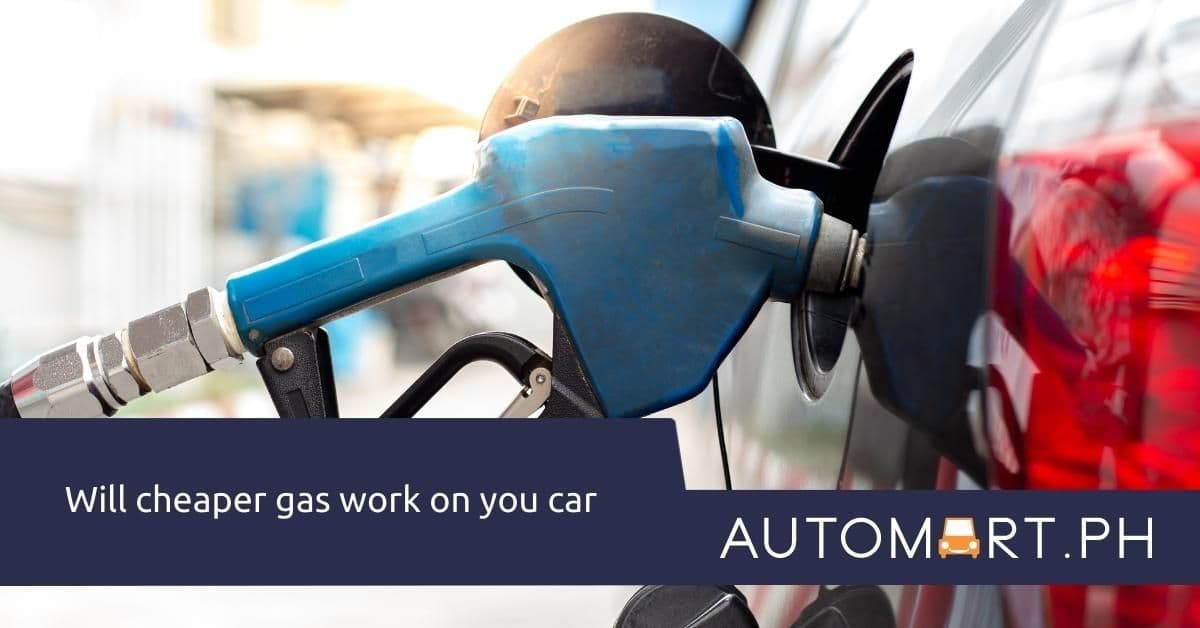
Will cheaper gas work on your car?
Updated on December 17 2025
By Melvin Magadia, for Automart.PH
METRO MANILA, – With fuel prices skyrocketing partly because of the conflict between Russia and Ukraine, many drivers want to spend less on fuel for their car.
One way is to fill up your tank with lower-octane gasoline.
Although filling up with premium gas offers a lot of benefits, some cars can actually run on cheaper regular unleaded without sacrificing performance.
What's so special about premium?
When you are at the gas station, you will come across labels like Regular, Premium, and Super Unleaded. What’s the difference?
It’s all down to the octane rating. This is the measure of the fuel’s ability to resist “knock,” which is a loud noise that occurs because of an incorrect air-fuel mixture.
The octane requirement of an engine will depend on the compression ratio, along with the operation of the vehicle. Prolonged knocking may cause an engine to work inefficiently, get worse fuel economy and, eventually, get damaged.
Regular unleaded in the Philippines is usually 91 to 93 octane, while premium unleaded is 95 octane. Super unleaded ranges from 97 to 100 octane.
It is worth noting that higher octane ratings will not really improve combustion efficiency or make the engine explode. It will just prevent the air-fuel mixture from igniting before it is supposed to.
So What Gasoline Should I Use In My Car?
The easiest way to check what fuel works is to read the owner’s manual or look at the gas cap. These will usually show the minimum octane level and whether or not premium gasoline is required.
Using fuel with an octane level lower than the recommended can reduce engine performance. In the long run, it can cause damage to the engine and its emission-control systems. Under normal driving conditions, there is no benefit to putting fuel with an octane level higher than what is recommended.
If you unintentionally fill up your tank with a gasoline grade lower or higher than the recommended rating, don’t panic. You should be more concerned with putting diesel fuel into a gas tank or vice versa. This could damage the fuel pump, filter, and injectors of both tanks.